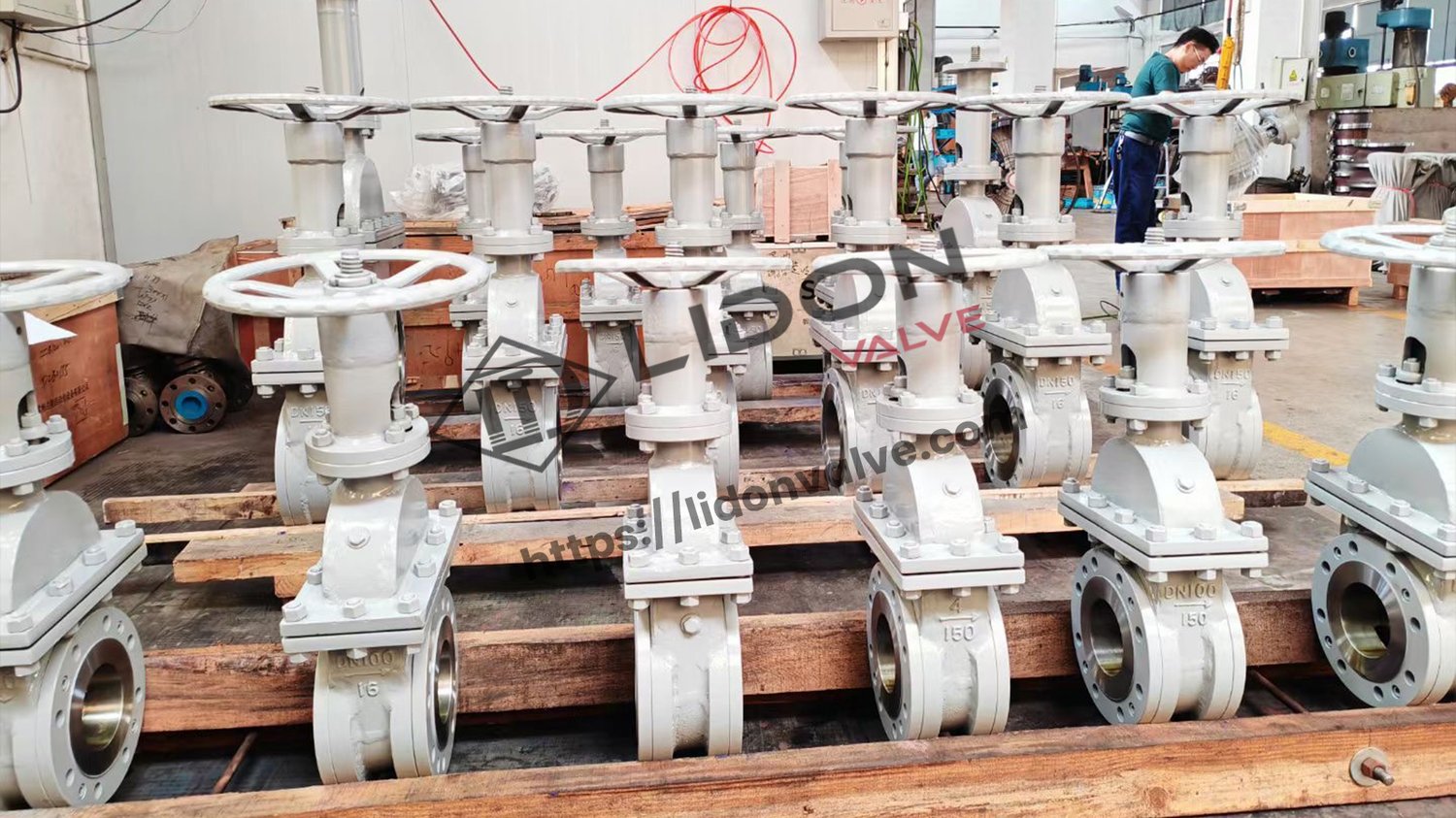What type of valve is most reliable?
Choosing a reliable valve is essential to ensure that your system operates smoothly with minimal downtime. However, with the plethora of valve types available in the market, it is hard to determine which one is the most reliable. In this article, we've explored the most reliable valve types that can meet your specific needs. Let's dive in.
Globe Valve
Globe valves are perfect for extreme temperature and pressure scenarios. Their unique design, which comprises a globe-like body shape and a movable plug, makes it easy to regulate the flow rate and pressure, thus enhancing operational reliability. Additionally, they are resistant to wear and erosion, making them an excellent choice for corrosive mediums.
Ball Valve
This valve type is commonly used in high-pressure scenarios due to its sturdiness. Ball valves comprise a ball with a hole in its center, which rotates within the valve seat to regulate flow. Their design offers excellent reliability since they are less prone to leakage and offer quick shutoff, making them suitable for emergency situations.
Butterfly Valve
Butterfly valves usually comprise a circular disc that rotates within the valve body regulating fluid flow. These valves are reliable and can quickly switch from a fully open to fully closed position. Moreover, they are compact and require minimal maintenance, which makes them a cost-effective option.
Diaphragm Valve
Diaphragm valves can withstand extreme temperatures and corrosive mediums, making them an excellent choice for harsh environments. Their design includes an elastomeric diaphragm that moves up and down to regulate fluid flow. They are often preferred in applications that require a high degree of purity since the diaphragm seals off the valve body from the environment, preventing contamination of the medium.
Check Valve
Check valves are often used to prevent backflow, which can cause damage to the system. They are often installed in applications such as water treatment plants, oil refineries, and chemical plants, where backflow prevention is critical. Check valves are relatively simple in design, comprising a movable disc that prevents backflow. They are highly reliable and require minimal maintenance.
Needle Valve
Needle valves are an excellent choice for precise flow control applications, where accurate control is essential. They are often used in gas and liquid chromatography, laboratory work, and other industrial applications that require a high degree of precision. Needle valves have a long lifespan and are highly reliable, which makes them an ideal choice in critical applications.
Gate Valve
Gate valves are suitable for applications that require complete shutoff. Their design comprises a gate that slides up and down to regulate flow. These valves are highly reliable and require minimal maintenance. Gate valves are commonly used in applications such as water treatment, gas pipelines, and oil refineries.
Pressure Relief Valve
A pressure relief valve is a safety measure that ensures safety by controlling or limiting the pressure within a system. They are often used in applications such as steam boilers, nuclear power plants, and other high-pressure systems. These valves safeguard systems from overpressure and are an excellent choice in applications where safety is of utmost importance.
Pinch Valve
Pinch valves are commonly used in applications where the medium is thick, abrasive, or corrosive. These valves comprise a sleeve that is pinched between two plates, effectively regulating fluid flow. They are highly reliable and require minimal maintenance, making them a cost-effective option.
Control Valve
Control valves are an essential component in regulating pressure and flow in complex systems. These valves are often used in applications such as oil refineries, water treatment, chemical plants, and industrial processes. Control valves are highly reliable and offer precise control, making them an ideal option in applications that require a high degree of accuracy.
Conclusion
Choosing the right valve type is crucial to ensure that your system runs smoothly and efficiently. The most reliable valve type depends on your specific application needs and the environment in which they will operate. To achieve maximum reliability, be sure to regularly maintain and inspect your valves, as preventative maintenance can prevent costly downtime and repairs.

